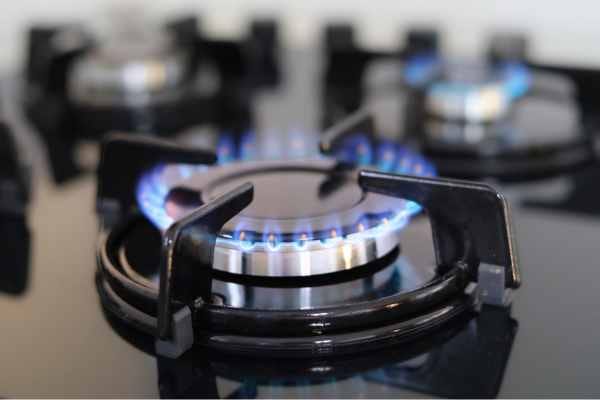A lighter footprint for funerals
Funeral homes are gearing up to embrace a new breed of sustainable choices for after-death care.

There’s a new choice in after-death care that’s good for the planet and funeral homes are gearing up to embrace the movement.
A new breed of funeral service is finding favour among the environmentally conscious and if it takes off, it could lighten the carbon footprint of the dearly departed and disrupt a billion-dollar industry.
It’s called human body composting (or ‘natural organic reduction’ in legal circles) and unlike traditional methods of burial and cremation, it’s good for the planet.
The composting process transforms the human remains into soil which can then be used in land restoration, with a little to be scattered or planted in meaningful places by loved ones.
Traditional embalming processes require the use of toxic chemicals to preserve the remains. And there is also a growing shortage of burial grounds for more traditional funeral services, while the popular alternative of cremation relies on fossil fuels for its high temperatures and also releases carbon dioxide and mercury.
Beyond the grave
Human composting, in contrast, emits no CO2 if the process uses renewable energy, and all of the materials used in the process are natural and biodegradable.
Another upside – human body composting is less expensive than more traditional funeral services at around US$5000 – $7000.
Only licensed funeral homes and crematoriums are able to compost human bodies and so far the service is only legal in Sweden and a handful of US states, but it is catching on fast.
The first US state to legalise human body composting was Washington in 2020, and since then Colorado, California, New York, Oregon, Nevada and Vermont have followed suit.
As its popularity spreads, several other states are reportedly working to legalise the process.
For those who live in a US state that hasn’t yet legalised the process, the body can be transported to the nearest state that does allow it.
Disrupting deathcare
One of the new breed of startups that is spruiking its carbon-neutral credentials is Earth, a licensed funeral home that operates a large “soil transformation” facility in Washington.
The funeral industry is ripe for a major revamp, Earth co-founder and chief operating officer Carolyn Maezes says.
“Traditional funeral practice is unsustainable, and the process of making funeral arrangements is a highly antiquated customer experience,” she says. “This is why we started Earth.”
Earth says its arrangement process takes less than 15 minutes, and all legal documents are completed online. A ‘family portal’ allows all arrangements to be made in one place and enables collaboration with family and friends.
A number of other funeral operators also now offer human body composting including Recompose and Return Home in Seattle, and The Natural Funeral in Denver.
"Traditional funeral practice is unsustainable, and the process of making funeral arrangements is a highly antiquated customer experience. This is why we started Earth."
The tech
At Earth, the body is washed and wrapped in a biodegradable shroud and placed in a specially designed composting vessel filled with organic matter such as alfalfa, wood chips, wildflowers, mulch or straw. Nature takes its course over several weeks, breaking the body down into around 70 square centimetres of nutrient-rich soil. The natural microbes found in the body include bacteria and fungi and can, together with the organic matter, raise the temperature in the vessel which accelerates the break down of the remains. All up the process uses a small amount of renewable electricity and around 180 litres of water.
Who funds it
Earth recently announced it had completed a US$10 million seed funding round led by venture capital firm Buckley Ventures.
Is it ready to roll
Earth’s facility opened to the public in early 2022, and it uses 100 per cent renewable energy and is an architect-designed space.





